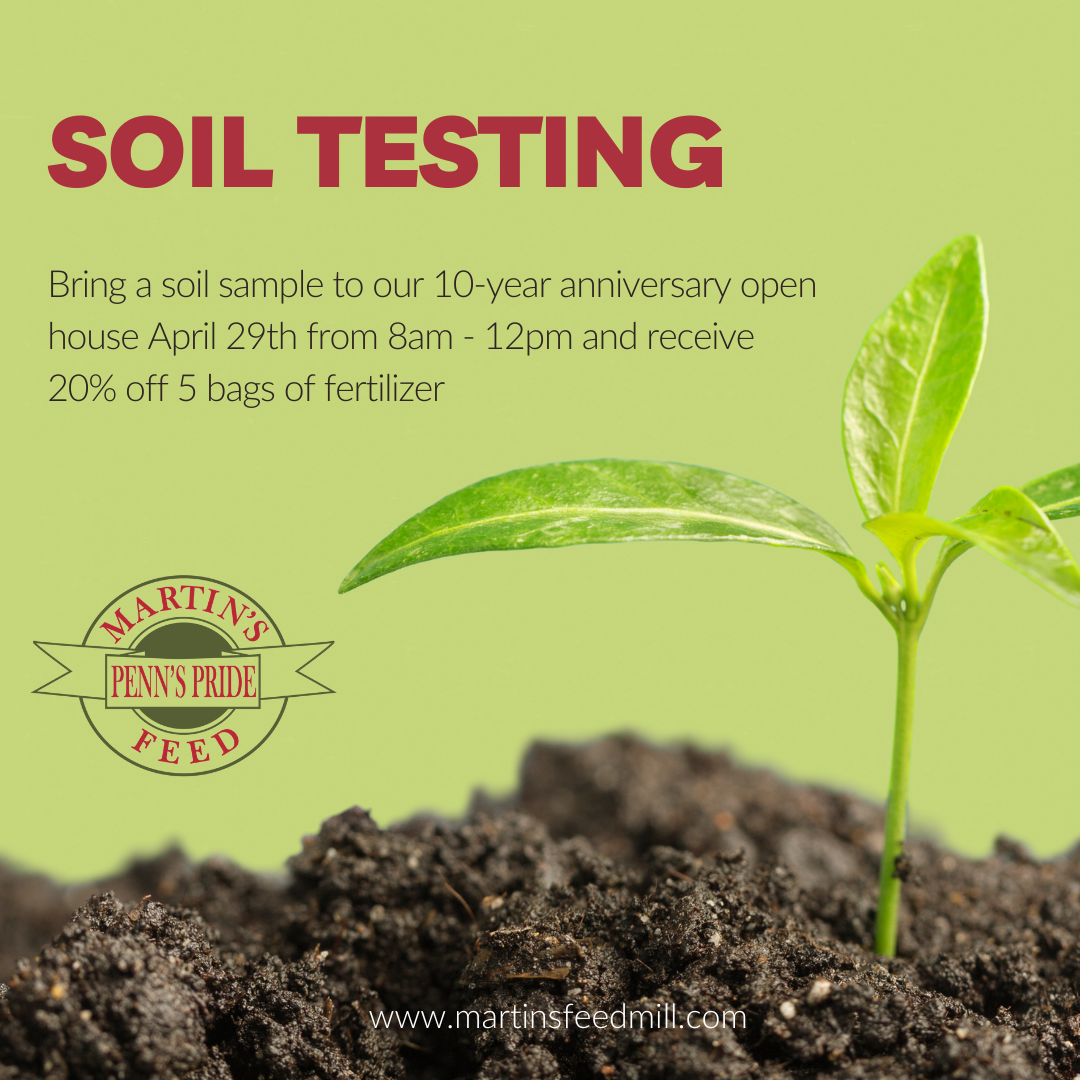Digging Deeper: Uncovering the Hidden Benefits of Soil Testing
Soil testing is a crucial process that helps farmers, gardeners, and landowners determine the quality of their soil. This process involves analyzing soil samples to determine the nutrient content, pH level, and other important factors that affect plant growth. While soil testing may seem like an additional expense, the benefits that come with it make it a worthy investment. In this article, we’ll discuss the top benefits of soil testing.
- Better Crop Yield
One of the most significant benefits of soil testing is that it helps improve crop yield. By knowing the nutrient content of the soil, farmers and gardeners can determine the amount of fertilizer and other soil amendments needed to improve soil quality. This, in turn, can lead to better plant growth, improved yields, and ultimately, more profits.
- Cost-Effective Farming
Soil testing can also help farmers save money by avoiding over-application of fertilizers and other soil amendments. Over-application can result in nutrient imbalances, which can harm the plants and cause yield loss. Soil testing provides accurate information on the nutrient content of the soil, allowing farmers to apply the right amount of fertilizer and other amendments needed for optimal plant growth.
Soil testing helps improve soil health by providing information on the soil’s pH level, nutrient content, and other important factors. This allows farmers and gardeners to take appropriate steps to maintain or improve the soil quality. Healthy soil supports healthy plant growth, which can help prevent plant diseases and pests.
- Environmental Protection
Soil testing also plays an important role in environmental protection. By determining the nutrient content of the soil, farmers and gardeners can avoid over-application of fertilizers, which can lead to nutrient runoff and pollution of nearby water sources. Additionally, soil testing can help identify contaminated soils, allowing for appropriate remediation measures to be taken to protect the environment.
- Better Land Use Management
Soil testing provides valuable information that can help landowners make informed decisions about land use management. For instance, soil testing can determine the suitability of the soil for specific crops or vegetation, allowing for better planning and management of the land. It can also identify soil deficiencies that may affect the growth of specific crops, helping landowners make better choices about which crops to plant.
In conclusion, soil testing is a valuable investment for farmers, gardeners, and landowners. It provides critical information on soil health, nutrient content, and other important factors that affect plant growth. By using this information to make informed decisions, farmers and gardeners can improve crop yields, save money, protect the environment, and make better choices for their soil.
Don't forget to drop off your soil samples at our soil testing event during our 10-year anniversary open house! Visit Martin’s Feed Mill on April 29th from 8am to 12pm. By doing so, you'll receive 20% off 5 bags of fertilizer. This is an amazing opportunity to understand the health of your soil and optimize your plant growth. Join us for this special event and take advantage of this great deal!
